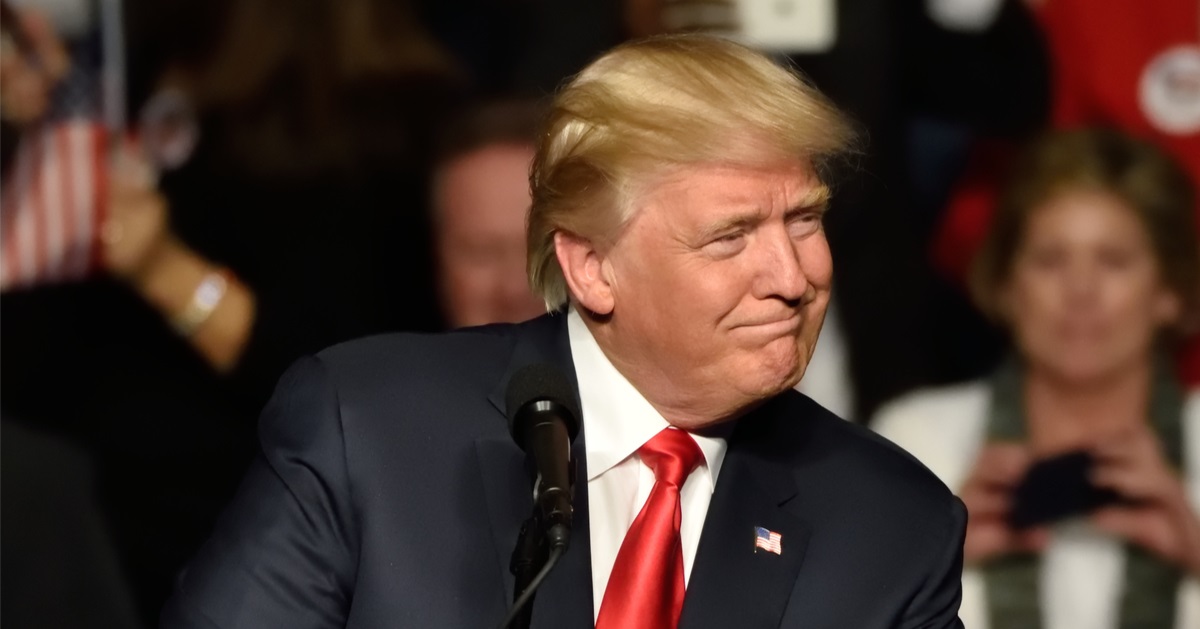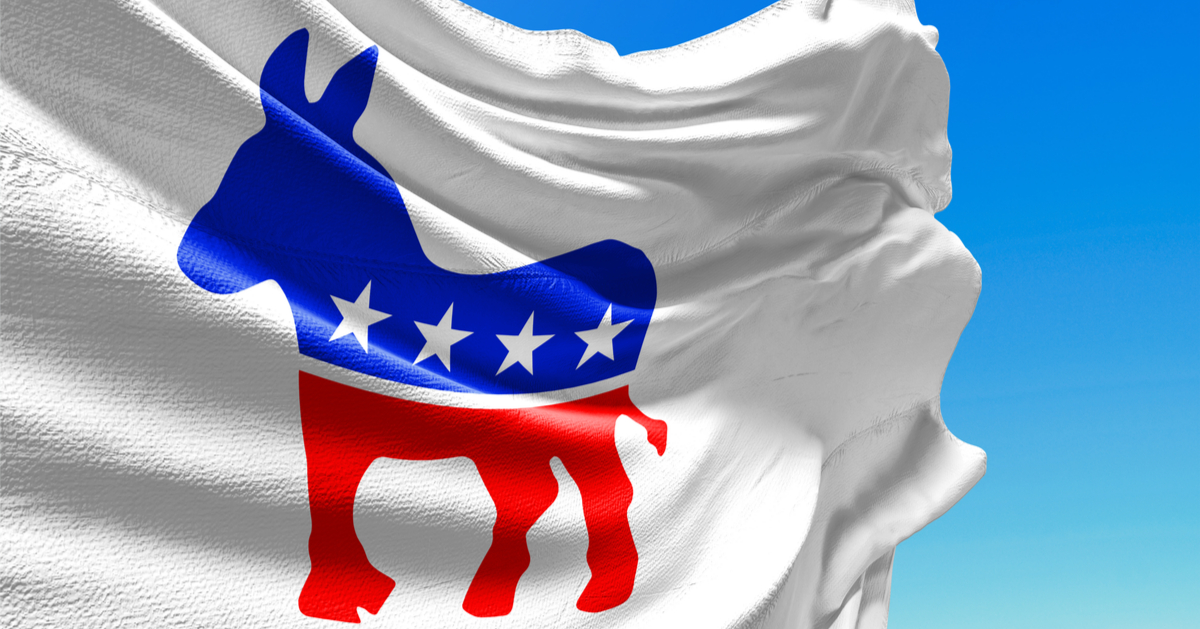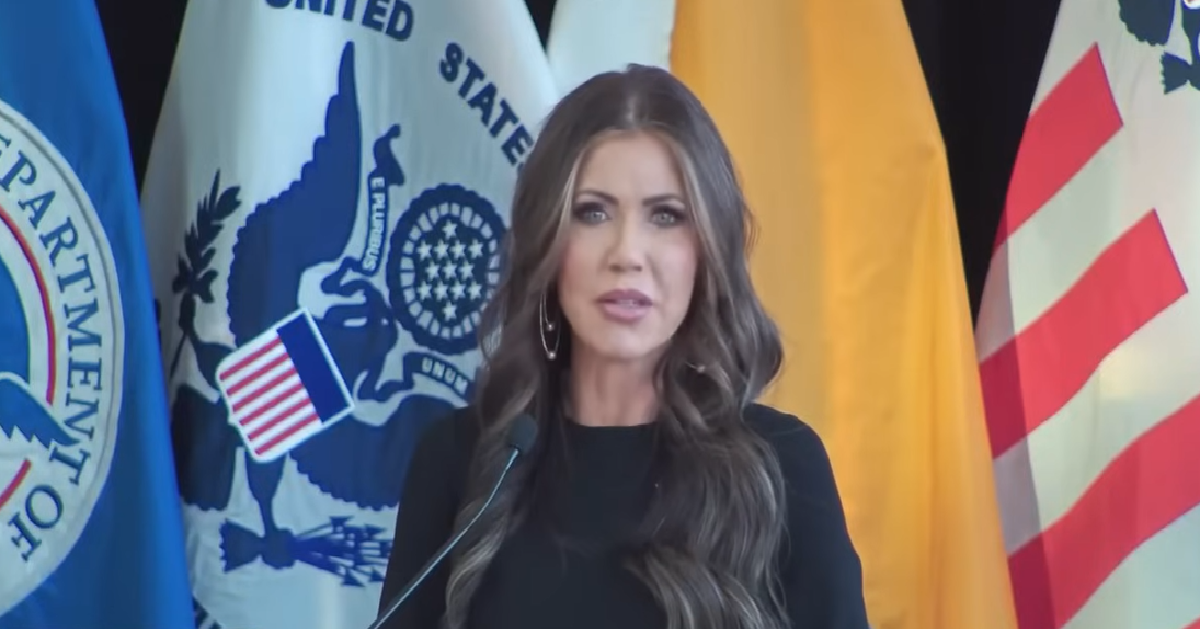FBI Director Wray shares info learned about Trump rally shooter during House committee hearing
There are a multitude of questions about the July 13 assassination attempt against former President Donald Trump that remain unanswered, and Congress is one of several institutions that are conducting investigations of the incident.
On Wednesday, FBI Director Christopher Wray filled in some of the blanks by sharing some of what the bureau has learned about the deceased shooter during hours-long testimony before the House Judiciary Committee, according to Bloomberg News.
That included information about the would-be assassin's pre-rally internet searches and physical reconnaissance efforts, the firearm used to kill one and injure three others, including Trump, and the apparent lack of any clear ideological or partisan motivations for the attack, among other things.
Shooter conducted research, reconnaissance ahead of incident
Wednesday's hearing was ostensibly part of the House Judiciary Committee's general oversight of the FBI, and while several different topics were addressed in Director Wray's opening statement and some questions from members, a majority of the time was spent focused on discussing the July 13 incident at a Trump rally in Pennsylvania.
One of the biggest revelations, according to Wray, per Bloomberg, was that the shooter, identified as Thomas Crooks, 20, appeared to have settled on his plan to assassinate former President Trump on July 6, one week prior to the rally in Butler, Pennsylvania.
That is when Crooks began conducting online research on the assassination of President John F. Kennedy and other related topics, and registered himself to attend the Trump rally.
He also conducted physical surveillance of the rally site ahead of the event, including by flying a drone in the area just two hours before Trump took the stage to speak, purchasing ammunition that would be used in the attack, and even constructing at least three "relatively crude" improvised explosive devices, two of which were found in his vehicle with a detonator transmitter found on his body.
Americans have a "healthy skepticism" of the FBI's ability to investigate the incident fairly
To be sure, given the FBI's track record in recent years, many Americans will have a hard time fully accepting what Director Wray had to say in that hearing, as evidenced by something Judiciary Committee Chair Jim Jordan (R-OH) said to the bureau's chief at the start of the hearing, according to CBS News.
"We need to know what happened play by play, moment by moment, second by second, the communications that took place during that critical five minutes," Jordan insisted as he shared with Wray that a "significant portion of the country has a healthy skepticism" about the ability of the FBI to conduct an open and transparent and nonpartisan investigation of the incident.
For his part, Wray observed, "The attempted assassination of the former president was an attack on our democracy and our democratic process and we will not and do not tolerate political violence of any kind, especially a despicable account of this magnitude," and added, "We're going to leave no stone unturned. The shooter may be deceased but the FBI's investigation is very much ongoing."
Of the shooter, the director said, "We do not yet have a clear picture of his motive," as agents have yet to discover any social media accounts, messages, or manifestos, though "we're digging in hard because this is one of the central questions for us."
Crooks was not on the FBI's radar, appears to have acted alone without any assistance
Wray also revealed that the FBI "did not have any information about the shooter" before the incident and that Crooks did not appear in any databases searched by the bureau.
In addition, the director commented that descriptions of the shooter as a "loner" appeared accurate, as he was found to have very few personal contacts and no evidence has been uncovered thus far of him having any accomplices or co-conspirators in the assassination attempt.






